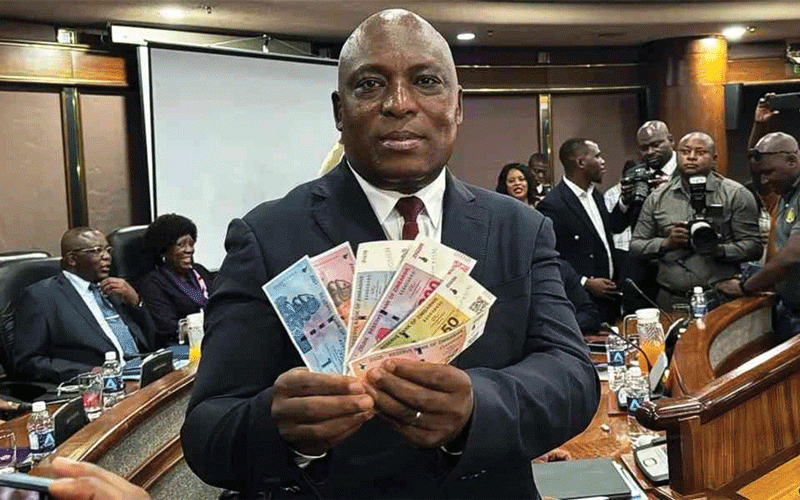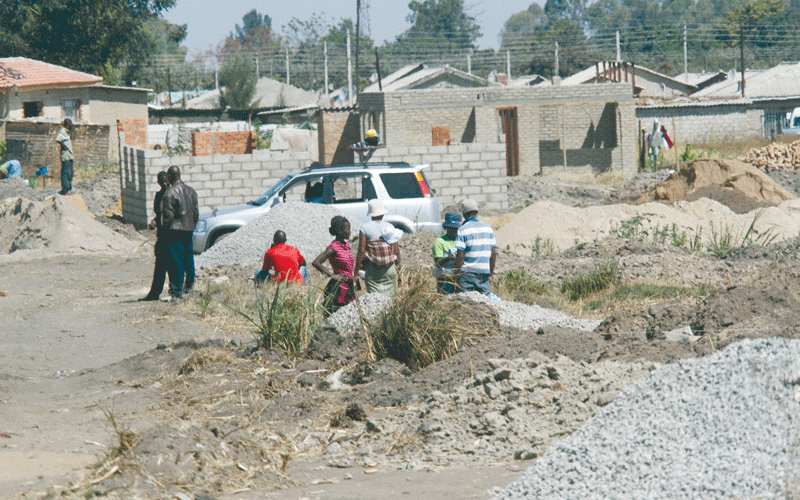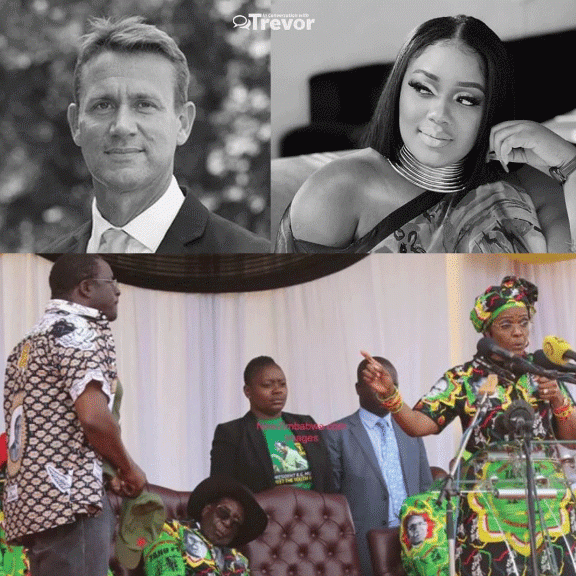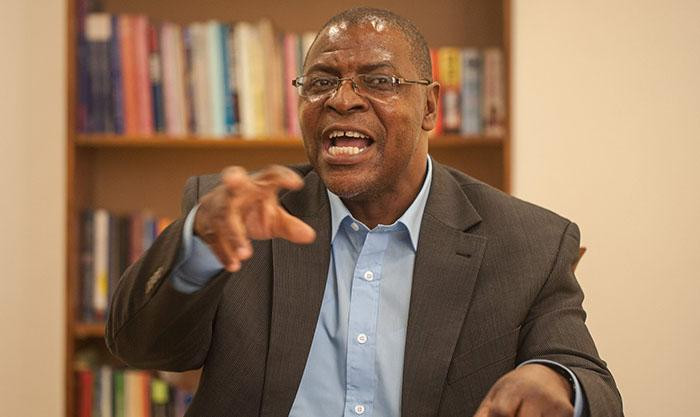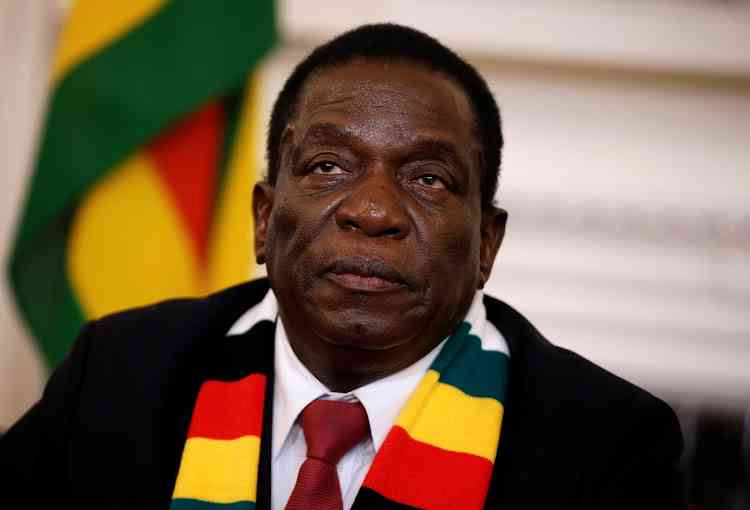
CLIMATE change is the only subject that has managed to bring the whole world under one roof.
GUEST OPINION: PETER MAKWANYA
This includes countries that are eternal enemies and those that have a fascinating friendship, sitting together, not seeking ways of how best to find each other, but attempting to find a lasting solution to a problem that is threatening to make human existence history.
Climate change negotiations are not a stroll in the park, but are rather complex and arduous.
In principle, we are made to believe that these negotiations are global, both in scope and context, but this does not seem to be the case.
In the absence of a full-scale global war, the world bullies, rich and powerful nations, have also found a platform, where they exhibit their dominance and power relations.
The inherent inequalities and scorn that has classified the world into “us” and “them” are quite glaring for everyone to see.
Discursively, both seemingly powerless and the seemingly powerful nations are caught up in a vicious cycle.
- Chamisa under fire over US$120K donation
- Mavhunga puts DeMbare into Chibuku quarterfinals
- Pension funds bet on Cabora Bassa oilfields
- Councils defy govt fire tender directive
Keep Reading
Although such power should not always be viewed in a negative context, as it also can bring joy, as well as provide productive networks that cut across social groups, this has not been the case, with climate change negotiations. In climate change negotiations, knowledge linked to power has not only assumed authority of truth, but has the power to make itself true.
History has proved that climate change negotiations have been characterised by power relations, where inequalities, lack of co-operation and suspicions are at play.
Because power relations have dominated climate change negotiations, it has proved difficult to attain fairness from either developed or developing countries.
Climate change negotiations are centred on powerful coalitions and conflicting self-interests, and, as a result, developing nations have not benefited significantly in these negotiations.
It is always complex when some blocs of nations are seen as “leadiators” in the negotiation processes, where they assume a leader-cum-mediator position, as in the case of the European Union (EU), the United States and China.
The new climate order of negotiations has been a contestation between the US and China, with all the developing nations taking sides with one of them.
Although the developed nations have divergent self-interests, they appear to be pulling in the same direction, but this is not the case with developing countries, who seem to be speaking with one voice, yet there are stark divisions.
In their state of vulnerability, developing countries have divergent views, but it seems they do not understand the nature of their climate related problems.
While Annex 1 countries are pre-occupied with meeting their reduction targets, there are also Oil Producing and Exporting Countries, who find themselves in the class of the least developing countries and they are supposed to cut on their emissions, which translates to reducing their carbon outputs, yet they are still developing.
Nigeria, Iran, Libya and Saudi Arabia are in this group. In order to get out of this quagmire, there have been a series of alliances with major polluting nations born out of desperation and uncertainty, which make these deals uneven.
Despite the emergence of these numerous blocs, the bullying tactics have not stopped.
As such, climate change negotiations have failed to achieve desired results due to negating the path of global requirements in pursuit of self-interests.
Developing countries, especially Africa, do not seem to realise this, as they follow blindly, yet their emissions are very insignificant.
Even the amount of smoke from burning bushes, that the West wants us to believe makes Africa’s carbon footprint significant, does not contribute that much.
In their wildest imaginations, where they imagine and visualise smoke everywhere, they would want us to believe that this is worth talking about, while they turn a blind eye to the continent’s massive deforestation by multi-national companies, largely from the West.
Although climate change is a global phenomenon requiring a global solution, these power relations will continue to be at play and when we call the developing countries to revisit their thinking regarding their obsession with these conference of the parties (COPs), some sections of society begin to cry foul.
Instead of climate change negotiations succeeding whenever they are COPs, new complexities and barriers always emerge in the form of new-found discourses and vocabularies just to pass time until the next COP comes.
Peter Makwanya is a Climate change communicator. He writes in his capacity and can be contacted on: [email protected]

